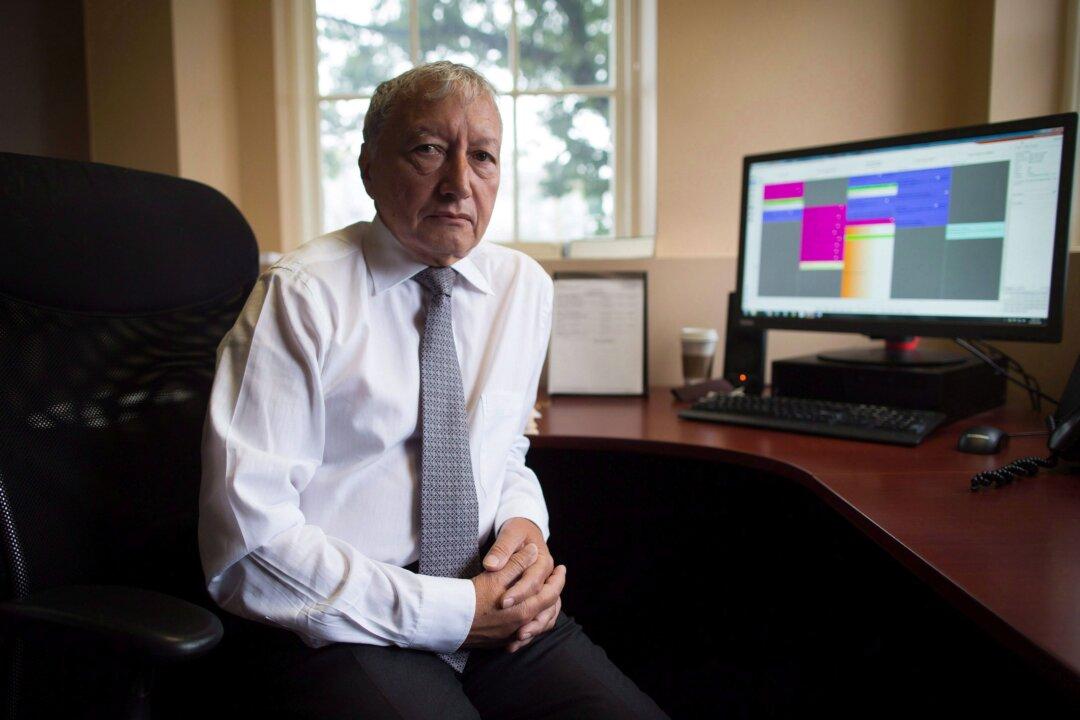After losing his legal battle to ensure the right to private health care in B.C., Dr. Brian Day says it’s now up to legislators to bring change.
The Supreme Court of Canada (SCC) announced it would not hear the case brought forward by the Vancouver orthopedic surgeon and patient plaintiffs who had suffered due to long wait lists in the publicly funded system.





